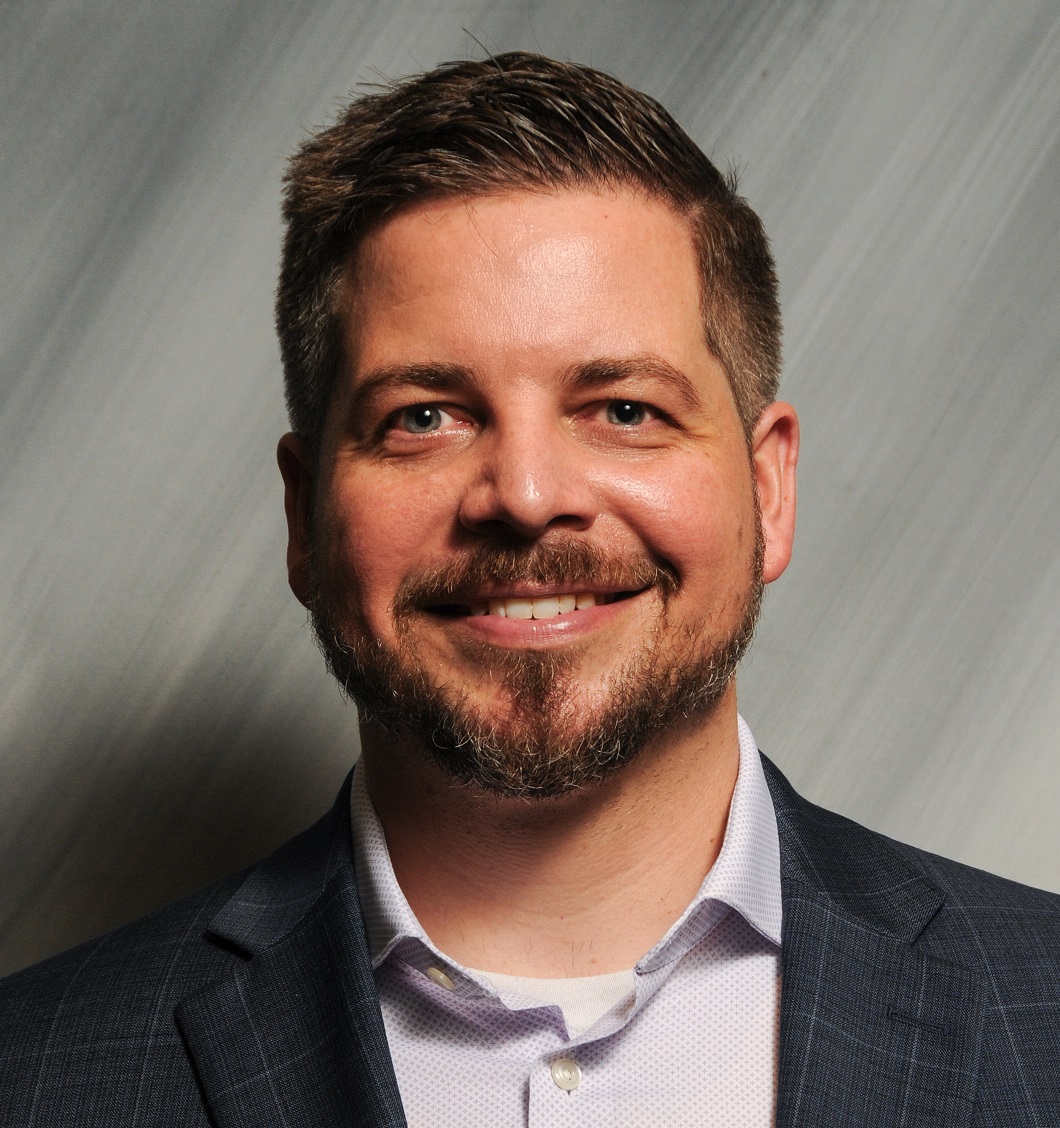Before joining Antioch University, Dr. Kusy served as an Adjunct Professor at Northwestern University for two years and worked as a full-time School Counselor at the Illinois Mathematics and Science Academy for six years. He has over 20 years of experience in clinical and school counseling, both domestically and internationally, across hospital, school, and private practice settings.

Teaching Faculty
School of Counseling, Psychology, and Therapy (CPT), Counseling Division
- Doctorate of Philosophy, May 2021, Northern Illinois University. Counselor Education and Supervision - Dissertation: Examining Mental Health and Resiliency Factors of Gifted and Talented Students Participating in an Accelerative, Residential Program
- Master of Arts, August 2005, The Chicago School of Professional Psychology. Clinical Psychology with a specialization in Counseling
- Bachelor of Arts, May 2005, University of Illinois-Chicago. Psychology
My teaching philosophy combines subject knowledge with experiential learning, integrating counseling philosophy and values in the classroom. By leveraging my experience as both a clinical and school counselor, I model professional behavior and create an engaging environment for students to grow as individuals and future counselors. I emphasize the importance of counselors developing their skills, believing that they must prioritize their counseling role.
As a relational counselor, I value student input and foster reciprocity in the classroom. Understanding my students through their stories and aspirations allows me to treat each student and course uniquely.
My instructional techniques draw from constructivist and relational-cultural approaches, facilitating conversations that promote cultural learning, even if they are uncomfortable. I strive to create activities and discussions that engage all learners and highlight their strengths. Reflective learning is essential, enabling students to integrate their thoughts, feelings, and experiences with theory to inform their future practice.
